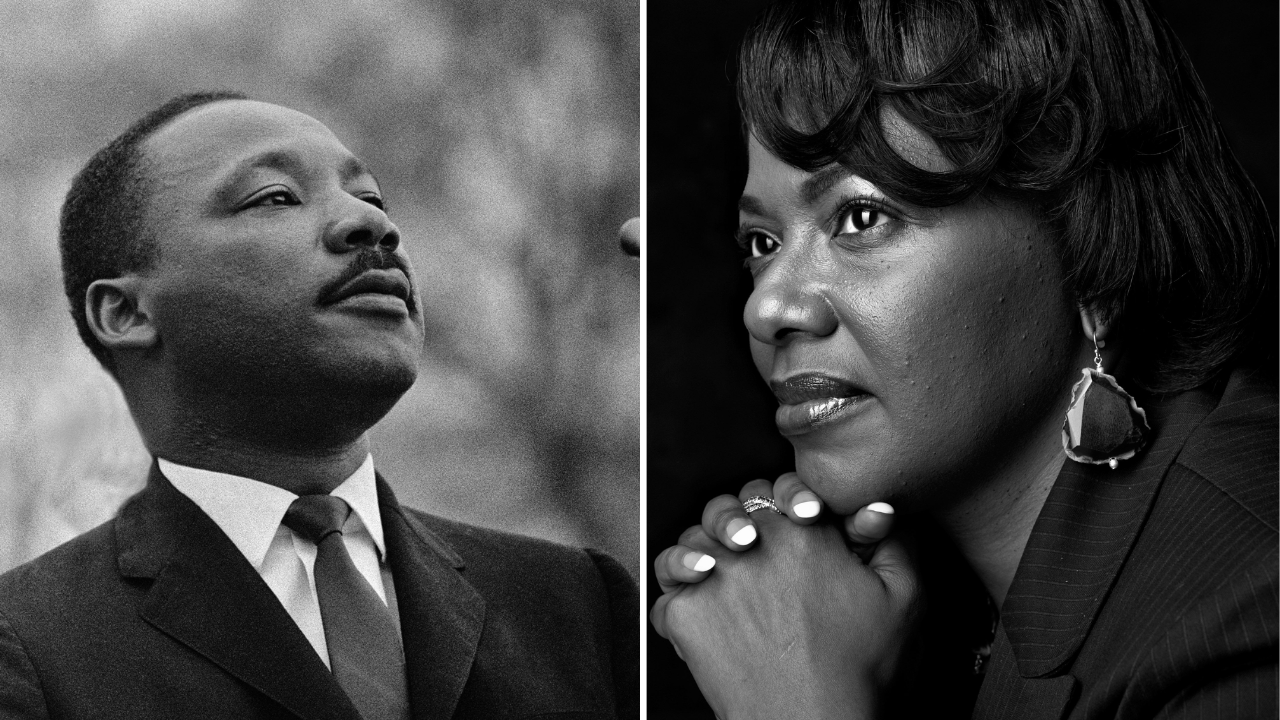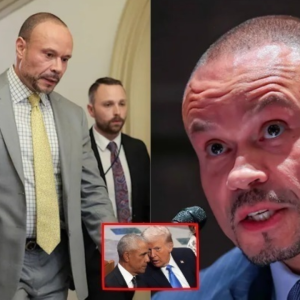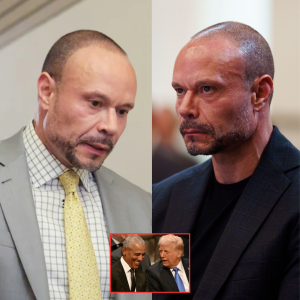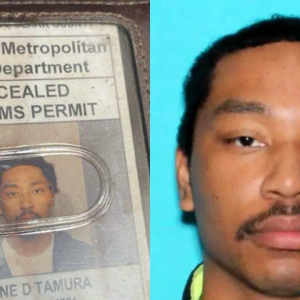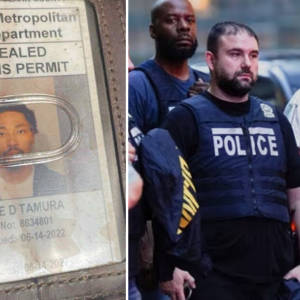“Don’t Act Like Everyone Loved My Father”: A Reflection on Dr. Martin Luther King Jr.’s Legacy
On Martin Luther King Jr. Day, Bernice King, the youngest daughter of the civil rights icon, took to social media to deliver a poignant and sobering reminder about her father’s true legacy. In a tweet that quickly gained widespread attention, she wrote:
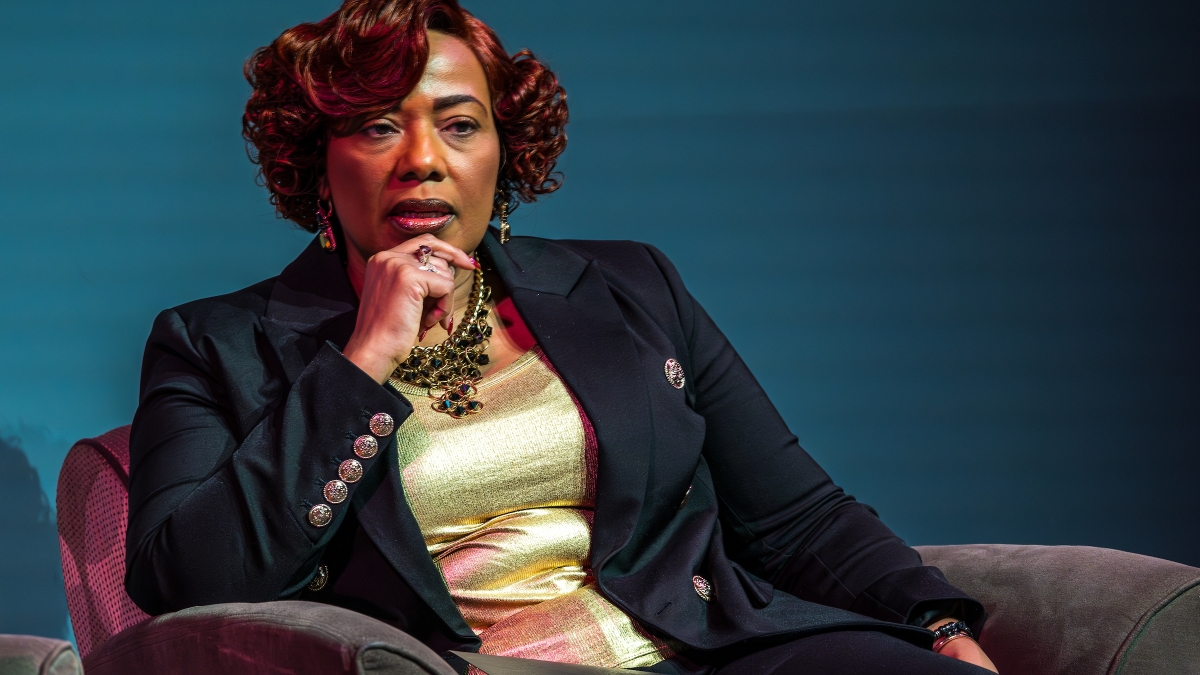
“Don’t act like everyone loved my father. He was assassinated. A 1967 poll reflected that he was one of the most hated men in America. Most hated. Many who quote him now and evoke him to deter justice today would likely hate, and may already hate, the authentic King.”
Reckoning with the Truth
Bernice King’s words highlight an often-overlooked reality: during his lifetime, Dr. Martin Luther King Jr. was a deeply polarizing figure. While many today celebrate him as a symbol of peace and equality, he faced fierce opposition, even vilification, during the civil rights movement.
A Gallup poll from 1967—just a year before his assassination—revealed that King was viewed unfavorably by a significant portion of the American public. His vocal opposition to the Vietnam War, calls for economic justice, and criticism of systemic racism placed him at odds with not only segregationists but also many in mainstream society, including political leaders and members of his own community.
The Sanitized Legacy
Today, Dr. King’s legacy is often reduced to a handful of quotes about love, unity, and nonviolence—quotes that are frequently taken out of context. Bernice King’s tweet underscores how some individuals and institutions invoke her father’s name to discourage or criticize contemporary social justice movements, ignoring his radical calls for systemic change.
Dr. King’s advocacy extended far beyond the dream of racial harmony; it included confronting poverty, militarism, and economic inequality. His final years were spent organizing the Poor People’s Campaign, a movement that sought to address the structural roots of inequality in America. This aspect of his work is often overshadowed by the more palatable narrative of his “I Have a Dream” speech.
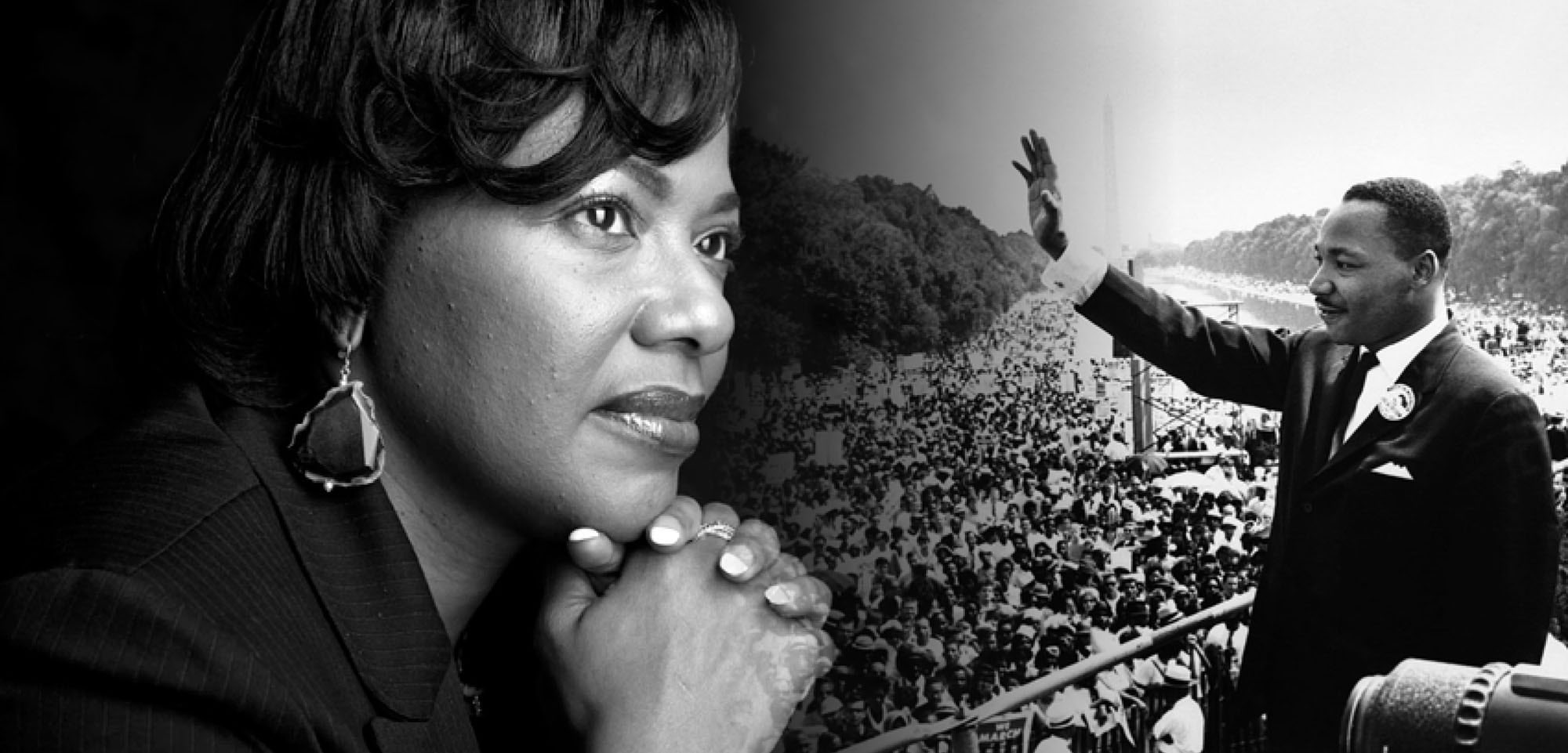
Modern-Day Hypocrisy
Bernice King’s statement has resonated with activists and scholars who see parallels between the opposition her father faced and the backlash against today’s social justice movements. Many have pointed out the irony of political leaders and public figures quoting Dr. King while opposing policies and initiatives that align with his vision, such as voting rights protections, police reform, and economic equity.

“The authentic King was disruptive. He was willing to challenge the status quo and demand accountability,” said Dr. Michael Eric Dyson, a prominent author and professor. “The sanitized version of King that some people celebrate today would likely be the very version they rejected in the 1960s.”
Honoring the Real King
As the nation reflects on Dr. King’s legacy, Bernice King’s words serve as a call to action: to honor her father not through selective memory but by embracing the fullness of his vision, even the parts that make people uncomfortable.
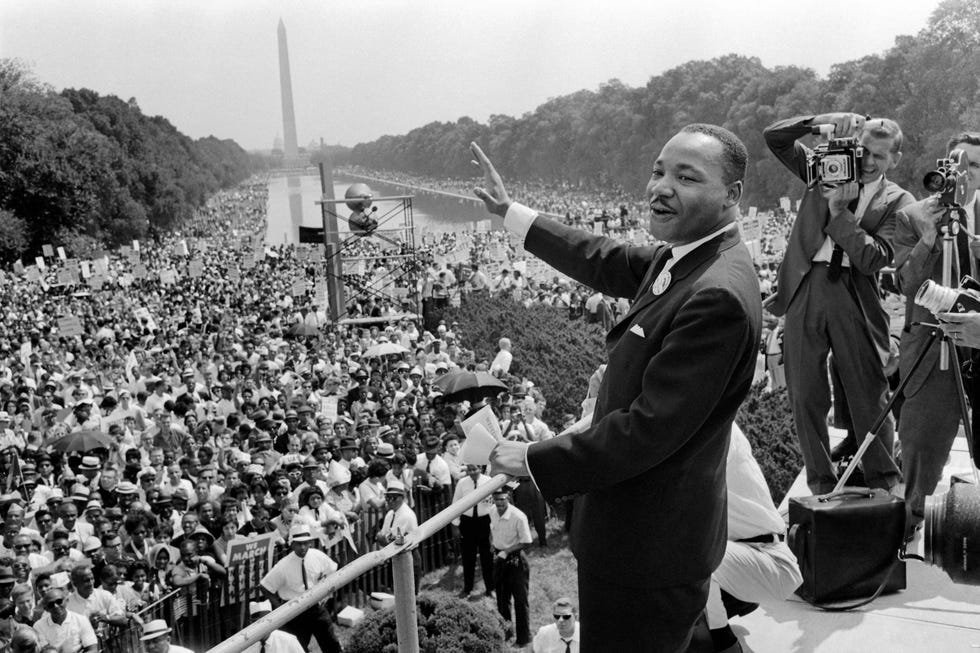
“To truly honor Dr. King is to engage in the hard work of justice,” Bernice King has said in previous interviews. “It means addressing the inequities that persist and recognizing that his fight is not over.”
This MLK Day, her message is a powerful reminder that true justice requires not just celebration but a commitment to carrying forward the struggle her father dedicated his life to.
